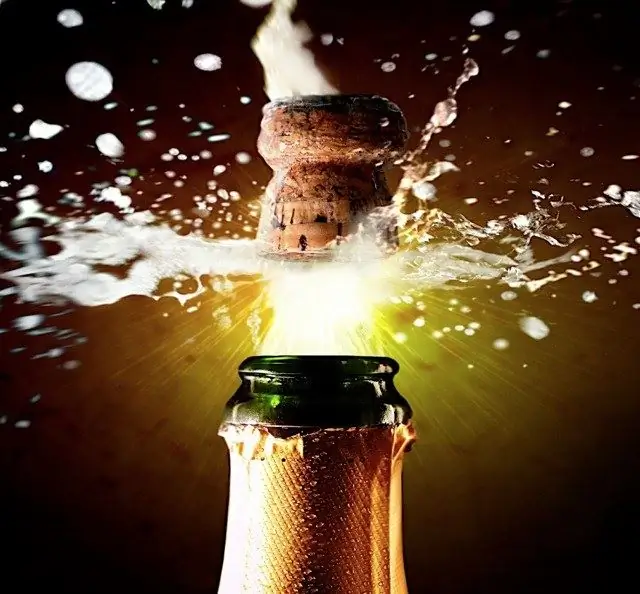Some of the well-known phraseological units are quite difficult to understand if you do not know the history and customs of society. Ignorance of history distorts the true meaning of the statement, which can sometimes embarrass the person who quotes it.

The phraseologism "who does not take risks, he does not drink champagne" can be perceived as a direct relationship of a risky venture with the consumption of alcoholic beverages, in this case - champagne.
One of the options for clarification
One of the explanations for the expression associates it with casino gambling. Allegedly, in some high-profile establishments, a losing player who played "high stakes", that is, risked, was entitled to a bonus from the establishment in the form of a bottle of champagne. The explanation is quite logical, if at least somewhere in the literature there was a reflection of this custom. However, neither Pushkin, nor Dostoevsky, nor any other writer of the 19th century who dealt with the topic of gambling, has a word about such a practice. Even if such a custom existed somewhere, it was atypical and could hardly give rise to a phraseological unit.
Champagne as a symbol of victory
It is clear that this expression is about risk and reward for it. But why champagne? And here, perhaps, it is worth following the history of this drink. There is a lot of information about the creation of champagne, so it is advisable to simply trace its path of conquering the market.
As a truly French product, champagne first of all got on the table of the French aristocracy and personally of King Louis XIV. Limited production volumes made champagne an exclusive drink of Versailles, and the main toast - "To the king!" Gradually champagne, along with this statement, migrated to the battlefields, in which the French nobility took an active part. Champagne was actively used in honor of the next victory of the Sun King, and became closely associated with victories.
The fashion for everything French was logically transferred to the use of champagne. Since this drink in Russia was even less accessible, it was drunk only in exceptional cases and only by a select audience.
Thus, champagne has become a symbol of victory. Drinking it means celebrating victory.
Risk is a noble cause
To win, you need to take risks - perhaps this is the most logical explanation of the meaning of the expression "who does not take risks, he does not drink champagne."
By the way, Napoleon is credited with a phrase that debunks the exclusive meaning of the drink: "In victory you deserve champagne, in defeat you need it." That is, champagne, like any alcoholic drink, can be used both for celebration and as a comforting agent.







